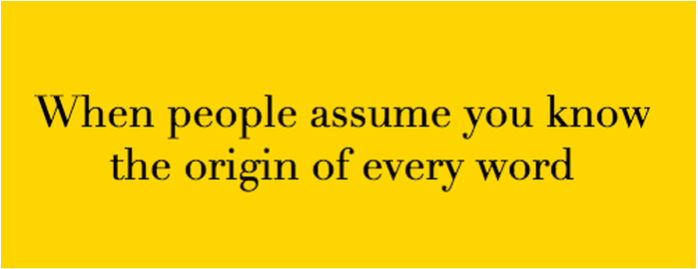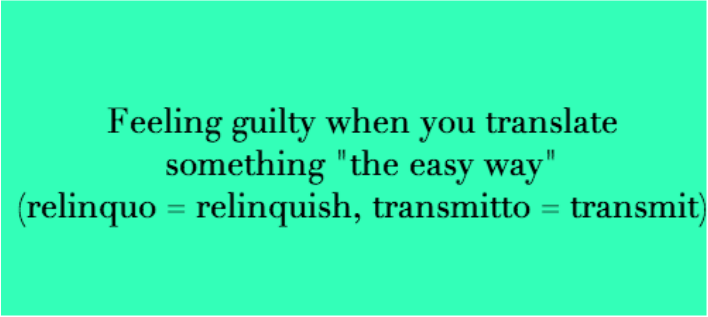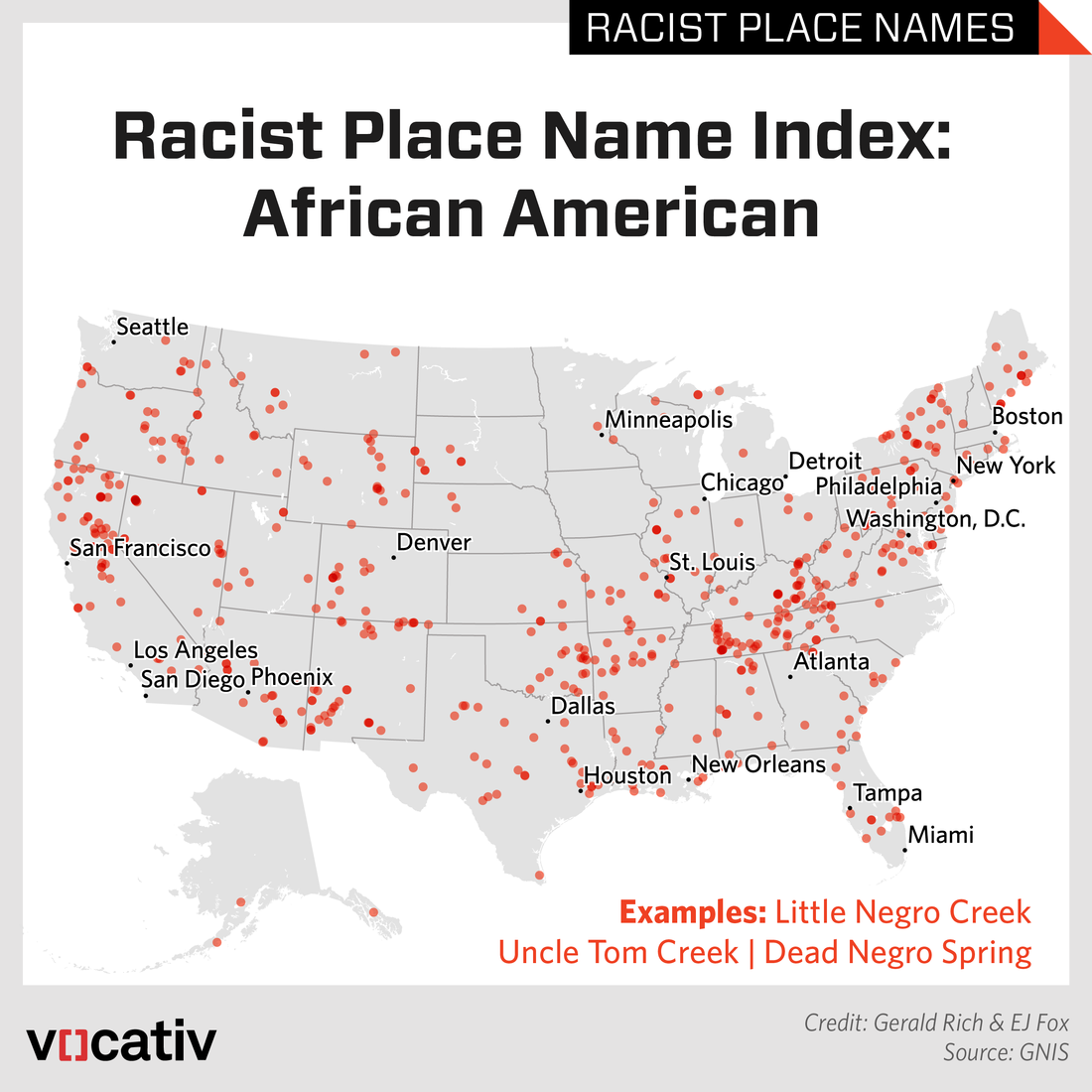|
#LatinStudentProblems. Image credit: Latin-Student-Problems
Rideo, Ridere, Risi, Risus, -a, -um.
This is my favorite word ever in Latin. It's not beautiful, per se (:P), but it means "to laugh." Et amo ridere. Err... And I love to laugh. Also, because I love this word so much, I (unlike all of my non-Latin-speaking friends) have never suggested that something was "rediculous" over gchat.
Knowing the etymology of so many English (and French, and Spanish) words is a blessing... and a curse.
On the one hand, I love that I know grex, gregis means "flock," so something egregious is something out of (ex) the flock (gregis). A congregation is a gathering of the flock. To aggregate is to collect or unite the flock; to segregate is to separate the flock; and to be gregarious is to be socially outgoing or fond of company (the flock). I know that a metonymy (literally meaning 'change of name') is a figure of speech in which the part is used to represent the whole (e.g., salt = sea; bow = ship, suit = businessperson.); a zeugma (literally meaning 'to yoke') is the use of a single word in two different senses (e.g., "He fell asleep and overboard," "He knocked her down and up"); and Dorothy and Theodore are chiastic hautoglottaral synchyses (loosely translating to reversal and mixing of their own... language?) -- doro- means gift and theo- means god, so Theodore and Dorothy are both gifts from God. Accord comes from cor, cordis, which means "heart" (awww). Computer comes from puto, putare, which means "to think, to know." Concur, from curro, currere, means "to run with"; Volvo means "I roll"; decimate means "take to a tenth"; and annihilate comes from the Latin words ad, "to," and nihil, "nothing."
SO COOL, right?
But, like I said, it's also a curse. Everyone always uses "who" when them mean "whom" -- who is nominative (a subject), and whom is used as an object or with a preposition (e.g., "... whom I knew," "...with whom I play basketball"). People don't understand that "try" takes the infinitive, not a conjunction -- id est (i.e.), you try TO do something, you don't try AND do something. (With a few exceptions. You could try and see what happens, for example.) But the one that kills me most? In Latin, the word "vagina" literally means sheath or scabbard. First of all, I'm not in fifth grade, so I don't really appreciate a crass analogy being used to name a part of my body. Second, fuck that shit. I refuse to define a part of my body as a function of man's "sword." It's certainly not very empowering. Nor is it inclusive. What if you're asexual? What if you don't use your vagina as a sheath for someone's sword? What if you simply, on principle, object to defining your anatomy that way? Obviously, this is not something I think is important enough to be at the forefront of feminist causes. We have much greater problems to worry about -- from the sexual assault epidemic on college campuses to "intersectional" feminists hijacking feminist causes and putting women in harm's way to men stealing credit for women's contributions in science. I find words like "nice guy" and "friend zone" much more troubling than I find the word vagina, as they feed into this whole culture of male entitlement, which literally kills women. (And men, for that matter.)
Nor is my opinion about this objectionable and outdated word something I wish to impose on others. I also hate the word "pussy" -- it's a word we use to demean, disempower and emasculate, which is the least sexy thing in the world. I'm not wild about "cunt," either. A lot of people think it's so unspeakably bad that they will say "fuck," but not "the c-word."
(But honestly, if someone were going to call me an ugly name, I'd rather be called a cunt than a pussy. Cunt is a way to express hatred and distaste -- particularly at a woman who doesn't care what you think and does whatever the f she wants. #BeRude. Versus a pussy, who is someone with negative, cowardly, and traditionally feminine traits.) However, if you find the word pussy sexy... go for it, I guess. If the uses and connotations of that word don't bother you, and pussy is your preferred word for that part of your body, that is your choice. (After all, feminism isn't about forcing everyone to agree with every possible progressive cause. It's about empowering people to make choices.) Just like, if you want to define yourself as a cis female, go for it! Personally, I prefer to identify simply as female. That's my choice. Maybe someday, feminism will have come so far that we can begin seriously worrying about science and society's use of the word "vagina" (which, 99% of the time, actually means "vulva" -- but I digress). But for now, I'm happy to just let my friends know, "Hey, I don't love that word. I think it's a little demeaning. Here's why..." (Funny story: Last week, I was having dinner with one of my favorite male friends. Somehow, the female anatomy came up, and he awkwardly referred to my "birth canal." To which I replied, "I recognize and appreciate your attempt to use an inoffensive word. But WHAT IF I DON'T WANT TO HAVE KIDS? WHAT IF I CAN'T HAVE KIDS? BIRTH CANAL IS AN AWFUL AND EXCLUSIVE WORD CHOICE!!! "Just kidding. You're amazing. Thanks for being supportive.")
Maybe that sounds obnoxious. But, actually, I love bringing up my objection to "vagina," because it often leads to a very interesting conversation. Not everyone agrees with me that the word is offensive -- and that's fine. But I love hearing different peoples' experiences and thoughts on topics, like, say:
Again, my point isn't to force others to agree with me. As I wrote in Everyday Feminism is a Joke and No One Should Ever Read It, you are welcome to disagree with me. As long as you are not a bully or a spammer, I want to know what you think -- and I want to know why you think that. So, share! What do you think about the etymology of the word vagina? Do you have a different word you prefer to use, socially or scientifically? Why or why not? Want to know more? Check out The Mother Tongue: English And How It Got That Way, a hilariously informative book by one of my favorite authors, Bill Bryson. Find it on Amazon - or get it for free on Audible. People will think you're the smartest! :P
5 Comments
Zane
4/21/2016 07:48:22 am
Do you have a word that you use to mean both vagina and vulva? I use the word pussy, but with some inhibitions. Do you have a good alternative to use in place of "vagina?"
Reply
StayMan
12/15/2016 07:47:19 am
My first awakening to the 'fear' of the word 'Vagina' was when I read a child's book in which the author (male) said, 'Daddy put his penis into mommy's birth canal... ... The baby came out of mommy's birth canal...'.
Reply
7/6/2017 06:05:03 pm
That may be true -- the media tends not to talk about or show vaginas or vulvas. But for me, personally, the issue is the word. I have no problem with vulva, as it comes from the Latin word for vulva.
Reply
8/6/2021 10:07:37 pm
I like your writing style. I too admire the style of Bill Bryson and is the one I try ever so hard to copy.
Reply
Alan
7/14/2022 01:35:45 am
Many words in English are derived from words that used to have a somewhat different meaning. If I use the word vagina I am not in any way trying to be offensive or suggest that it is something I should own or take control of. I don't like it when people say vagina when they mean vulva. It's almost as though they trying to deny its existence.
Reply
Leave a Reply. |
About the Author

Eva is a content specialist with a passion for play, travel... and a little bit of girl power. Read more >
Want to support The Happy Talent? CLICK HERE!
Or Find me on Patreon!
What's Popular on The Happy Talent:
Trending in Dating and Relationships:
What's Popular in Science: Playfulness and Leisure Skills:
Popular in Psychology and Social Skills:
Categories
All
|






























 RSS Feed
RSS Feed